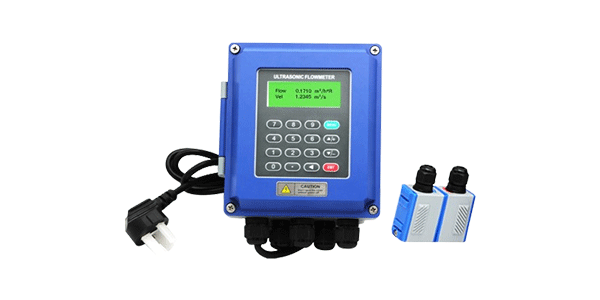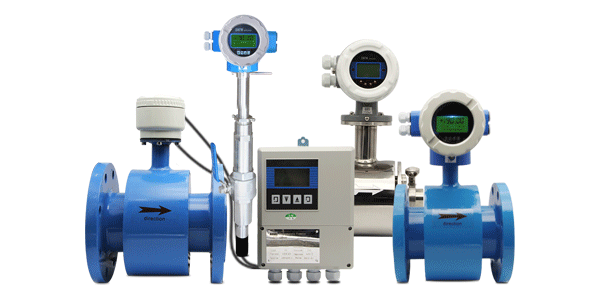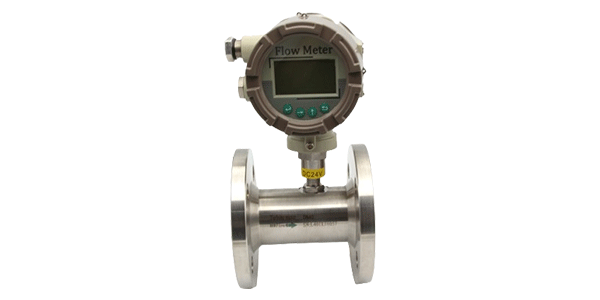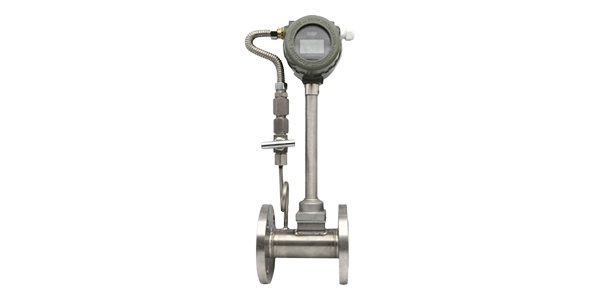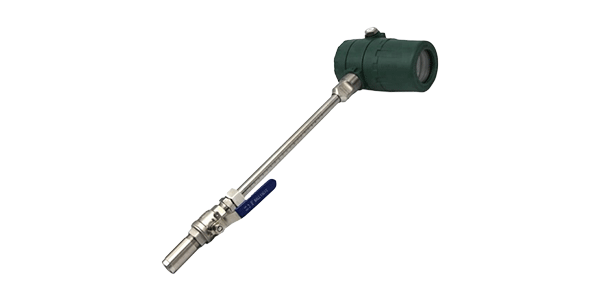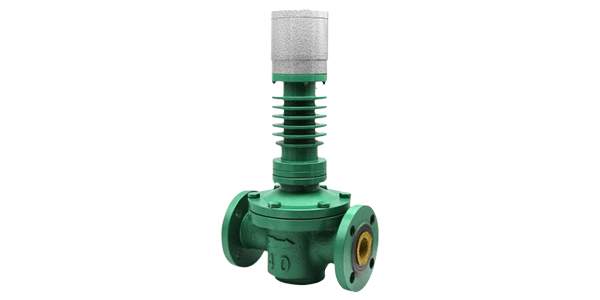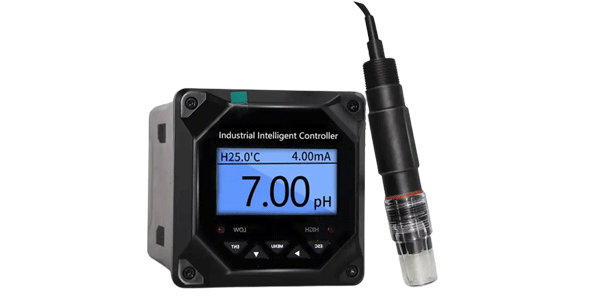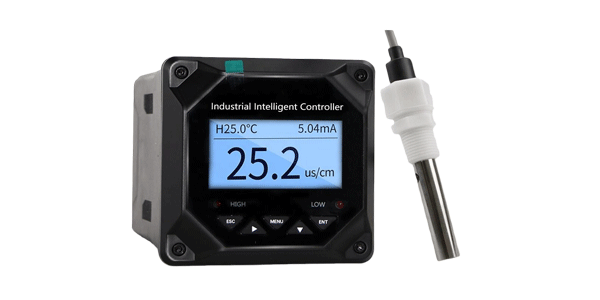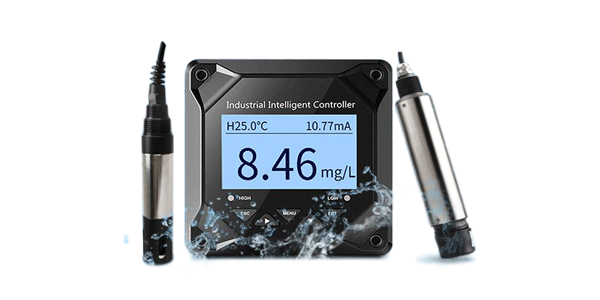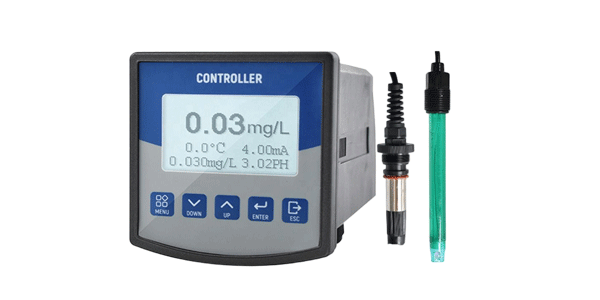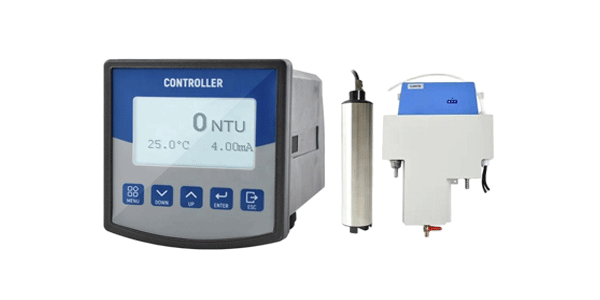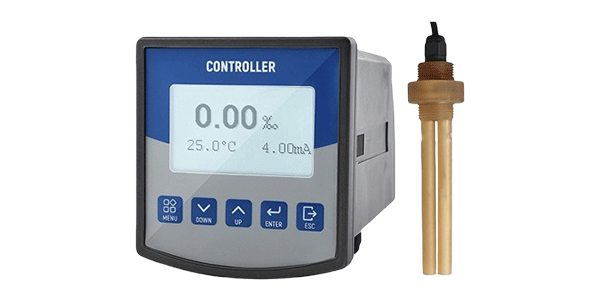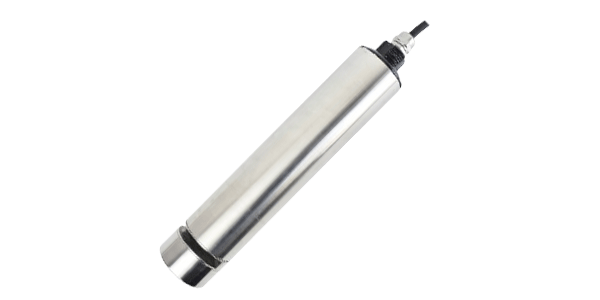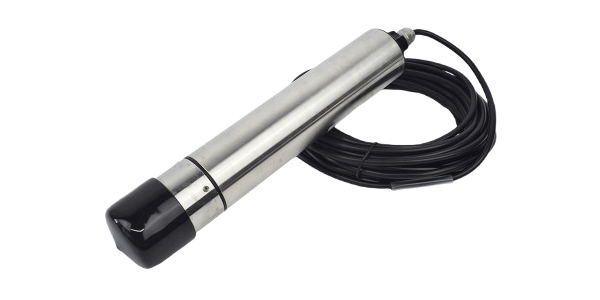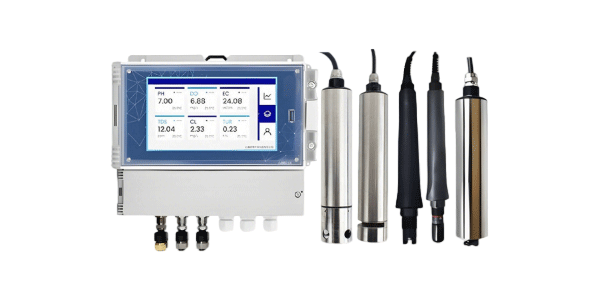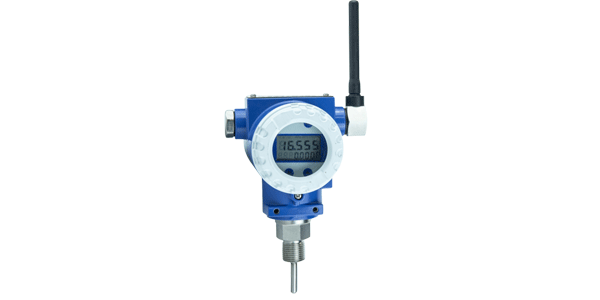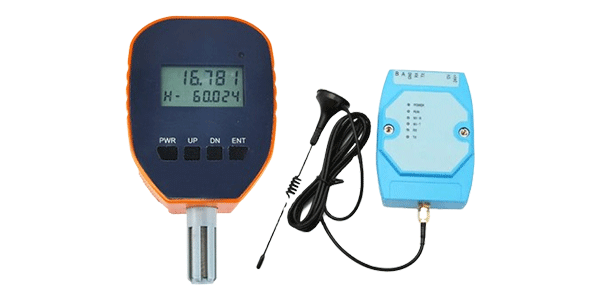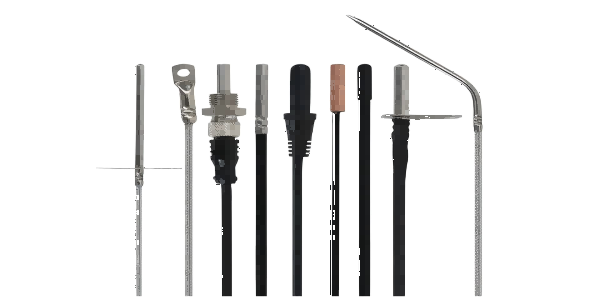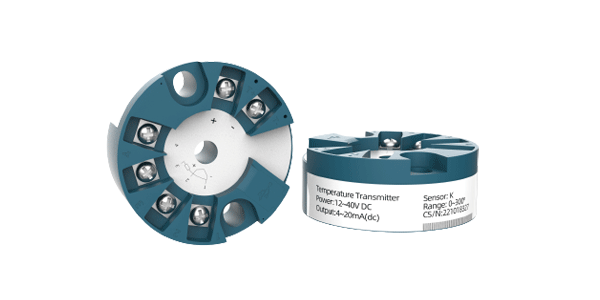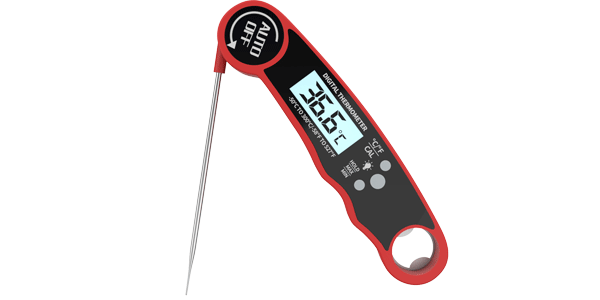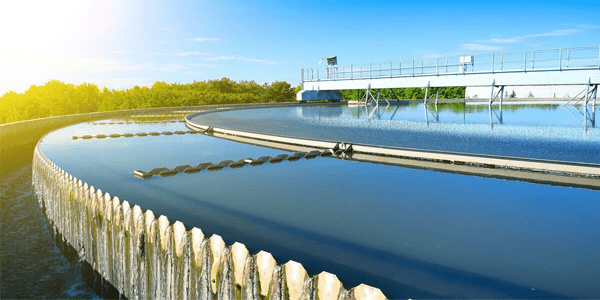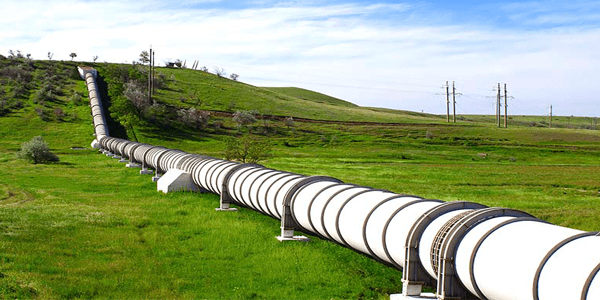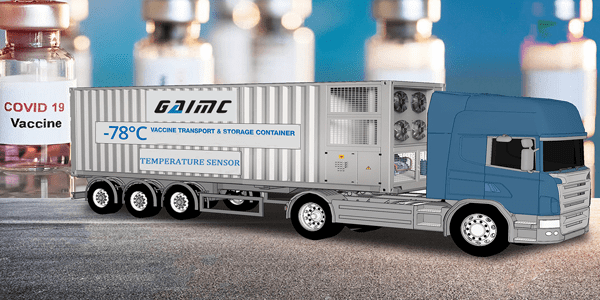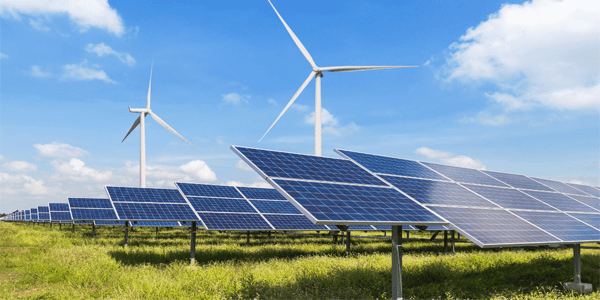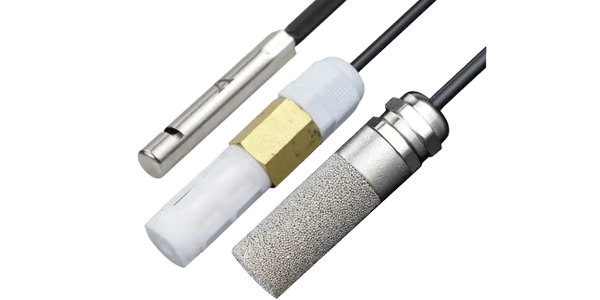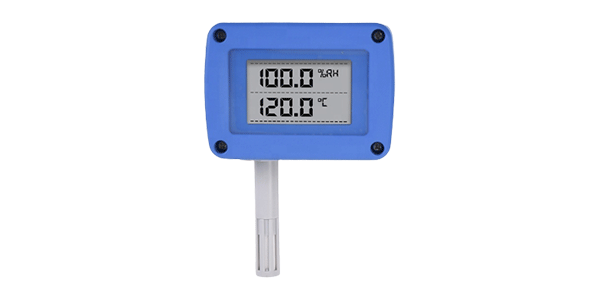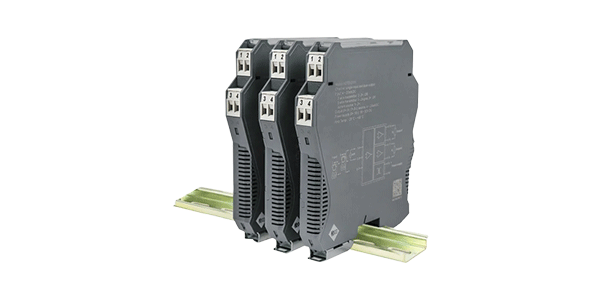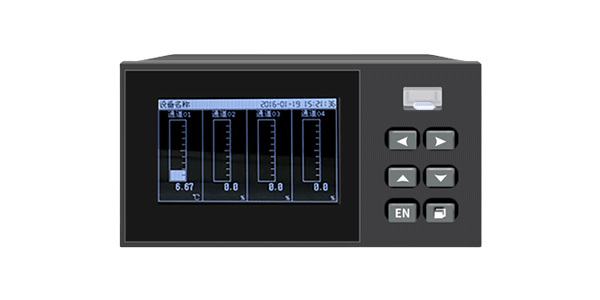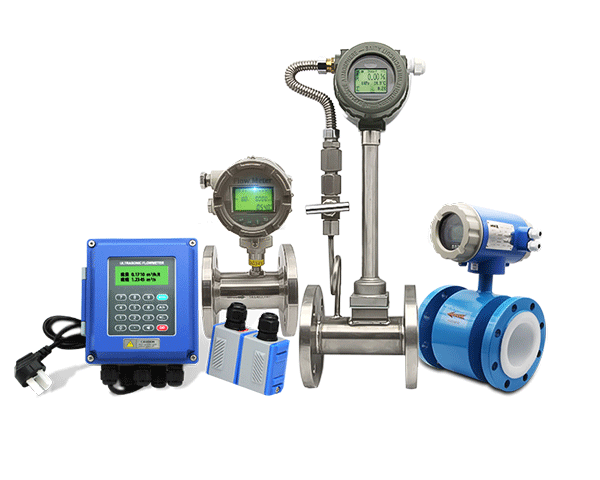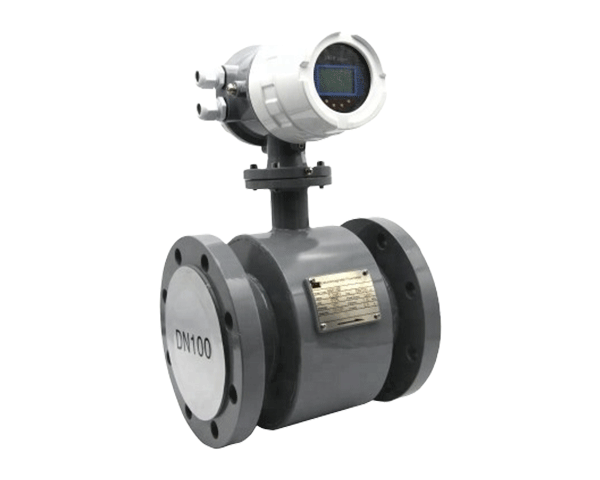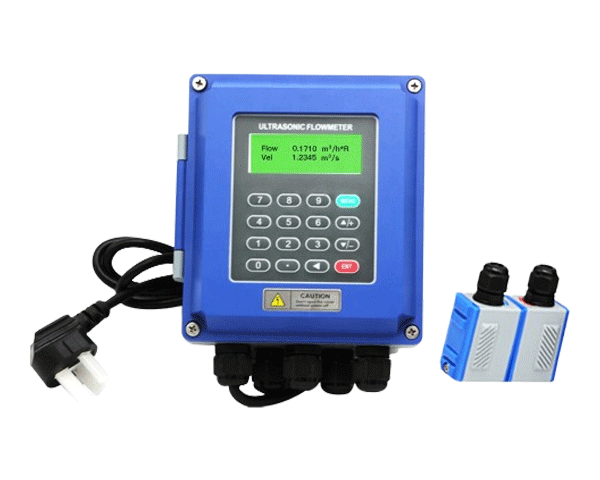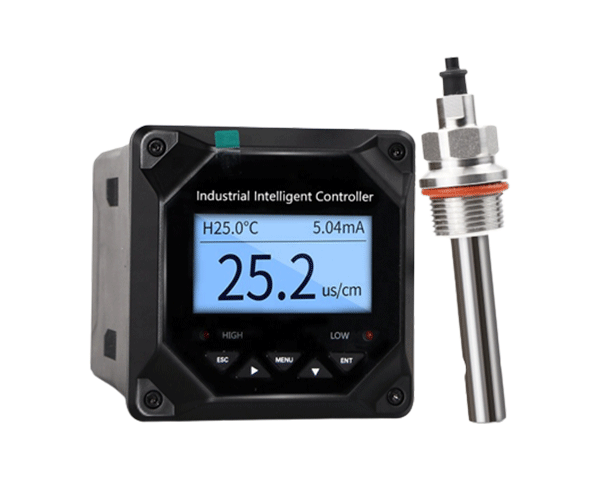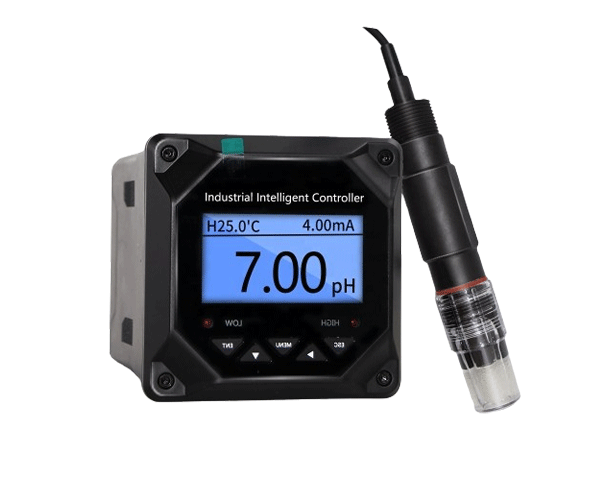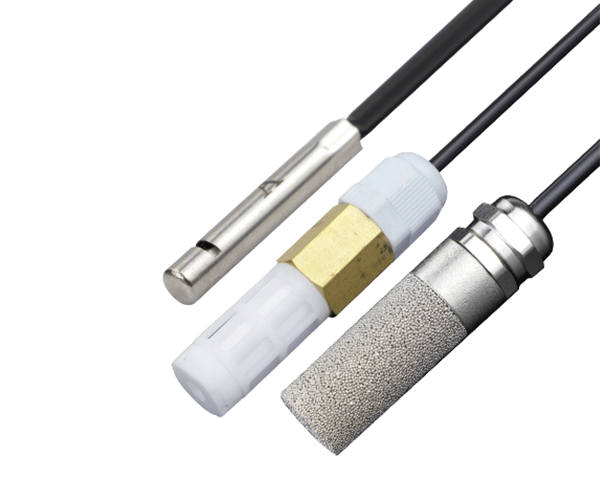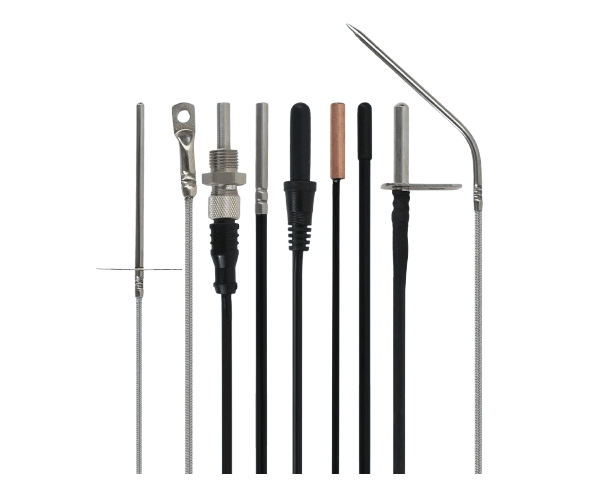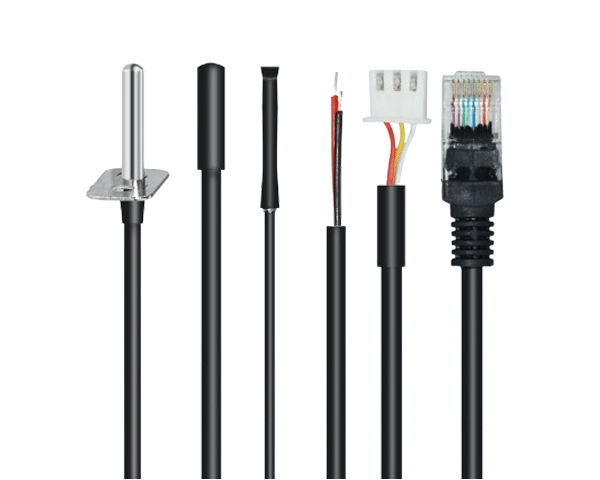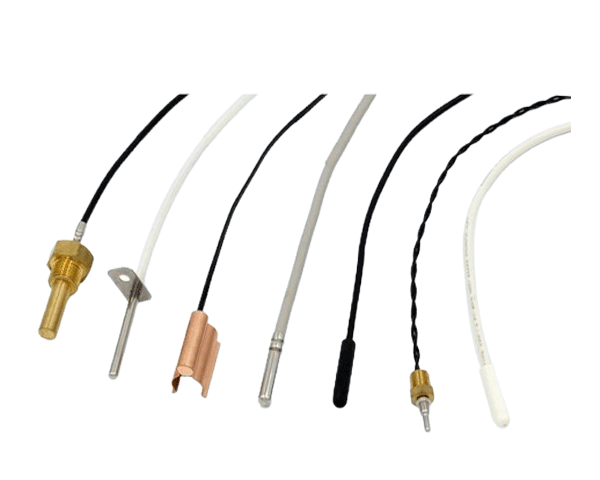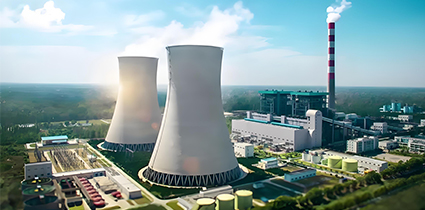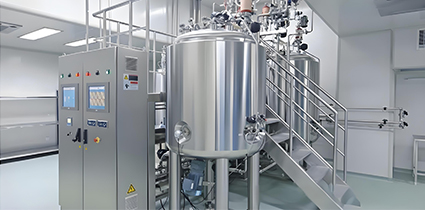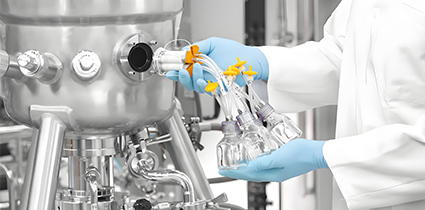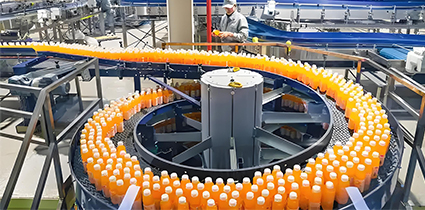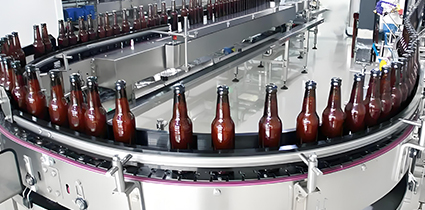Master Pipeline Operations: The Complete Guide to Oil Pipeline Monitoring Systems
Are you responsible for maintaining safe and efficient oil pipeline operations? Comprehensive monitoring is crucial for preventing environmental incidents and optimizing transportation efficiency. In this guide, you'll discover how advanced pipeline monitoring systems work, learn about critical monitoring parameters, and understand the technology that ensures safe, reliable energy transportation while minimizing environmental risks.
Why Pipeline Monitoring is Critical for Energy Infrastructure
Pipeline monitoring represents a fundamental aspect of modern energy infrastructure management—it's about ensuring safety, optimizing efficiency, and maintaining environmental compliance across vast transportation networks.
Oil serves as the "industrial blood" that powers the global economy, with pipeline transportation standing as its most vital distribution method. Effective long-distance pipeline operations require reducing loss rates, minimizing carbon emissions, and optimizing logistics costs to significantly enhance energy circulation efficiency while supporting regional economic development. Comprehensive monitoring of pressure, temperature, flow, and environmental conditions holds immense significance for ensuring energy security, improving operational efficiency, and achieving sustainable development goals within the energy sector.
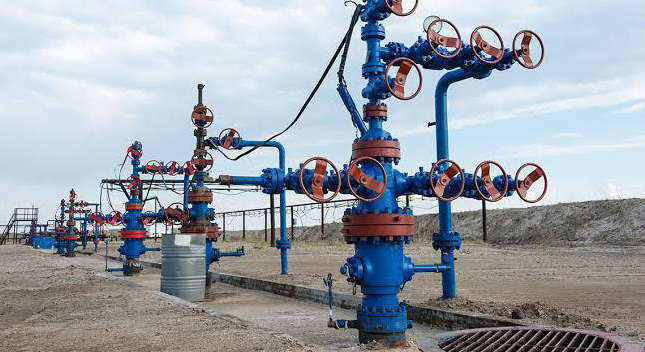
Critical Monitoring Indicators for Oil Pipeline Transportation
Modern pipeline operations require continuous monitoring across multiple parameters to ensure safe, efficient, and environmentally compliant performance throughout the transportation network.
Temperature Monitoring
Temperature monitoring prevents pipeline freezing in cold climates and overheating in high-temperature environments, while simultaneously monitoring corrosion risks associated with temperature fluctuations. Optimized temperature control significantly enhances transportation efficiency and prevents product degradation during transit.
Flow Rate Monitoring
Flow monitoring ensures transportation stability, provides accurate measurements for commercial transactions and cost control, and enables early leak detection through flow discrepancy analysis. Advanced flow monitoring supports predictive maintenance and operational optimization across the pipeline network.
Environmental Condition Monitoring
Environmental monitoring detects combustible gas concentrations (such as methane) and tracks surrounding water quality changes to prevent explosions or pollution spread. Comprehensive environmental monitoring ensures regulatory compliance and reduces corporate environmental liability risks through proactive incident prevention.
Advanced Features of Oil Pipeline Monitoring Systems
Wireless Transmission Technology
Our monitoring systems feature complete wireless transmission capabilities, eliminating the need for extensive wiring infrastructure across remote pipeline routes. This wireless approach significantly reduces installation costs while enhancing system flexibility and scalability.
Extended Transmission Range
With transmission distances reaching up to 5000 meters, our systems provide comprehensive coverage across extensive pipeline networks. This extended range ensures reliable data collection from remote or difficult-to-access pipeline sections.
Scalable Network Architecture
Our systems support convenient networking configurations, allowing up to 128 transmitters to operate within a single network. This scalable architecture accommodates both small regional pipelines and extensive cross-country transportation networks.
Low Power Consumption Design
Featuring optimized power management, our systems deliver extended service life with minimal energy requirements. With a 1-minute sampling interval, battery life exceeds 6 years, reducing maintenance frequency and operational costs.
Multiple Communication Protocols
Supporting both RS485 and Ethernet communication methods, our systems enable flexible data collection and integration with existing infrastructure. This protocol versatility ensures compatibility with various control systems and monitoring platforms.
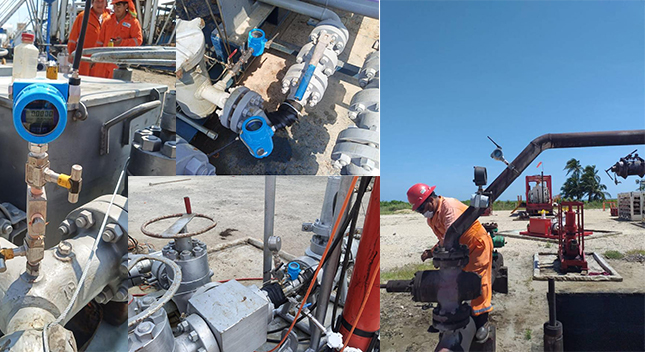
Frequently Asked Questions (FAQ)
What temperature range can pipeline monitoring systems withstand?
Industrial pipeline monitoring systems typically operate effectively from -40°C to 85°C (-40°F to 185°F), with specialized sensors available for extreme environments. This range ensures reliable performance in arctic conditions and high-temperature operation zones.
How quickly can monitoring systems detect pipeline leaks?
Advanced monitoring systems can detect significant leaks within minutes through flow discrepancy analysis and pressure drop monitoring. Smaller leaks may be identified within hours through sophisticated pattern recognition and trend analysis algorithms.
What wireless protocols do pipeline monitoring systems use?
Most systems utilize industrial-grade protocols like LoRaWAN, WirelessHART, or proprietary mesh networks designed for long-range, low-power operation in remote areas. These protocols ensure reliable communication across vast pipeline distances.
How often does the monitoring equipment require maintenance?
Routine maintenance is typically scheduled annually, with comprehensive system inspections every 2-3 years. Self-diagnostic capabilities and remote monitoring reduce the need for physical inspections in remote locations.
Can these systems integrate with existing SCADA infrastructure?
Absolutely. Most modern pipeline monitoring systems are designed for seamless integration with existing SCADA systems through standard communication protocols like Modbus, OPC UA, or MQTT, ensuring compatibility with established control room operations.
What cybersecurity measures protect pipeline monitoring systems?
Industrial monitoring systems incorporate multiple security layers including encrypted communications, authentication protocols, network segmentation, and regular security updates to protect against cyber threats and unauthorized access.
Ready to Enhance Your Pipeline Monitoring?
Get professional pipeline monitoring solutions for safe, efficient energy transportation.
HOT keyword:
